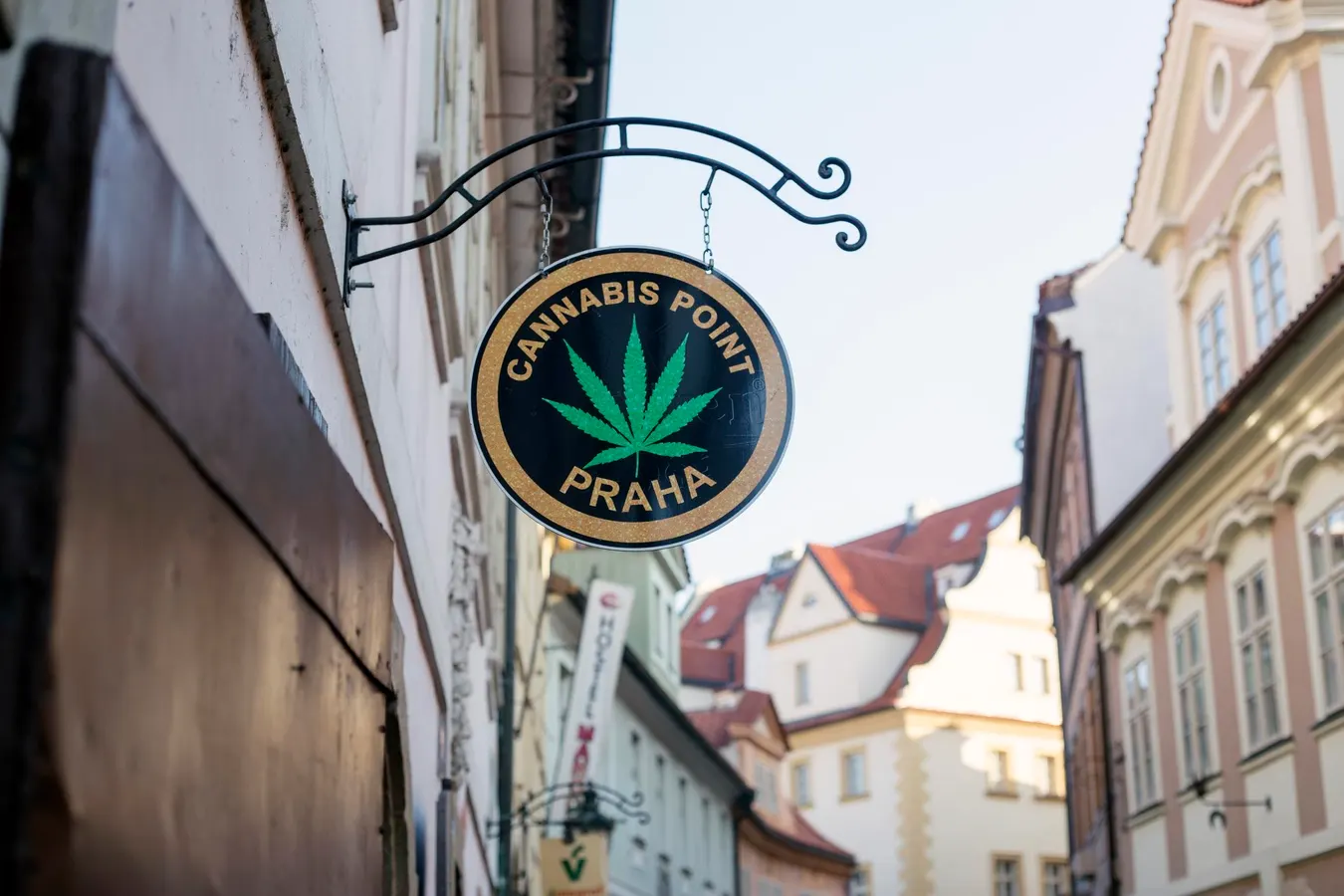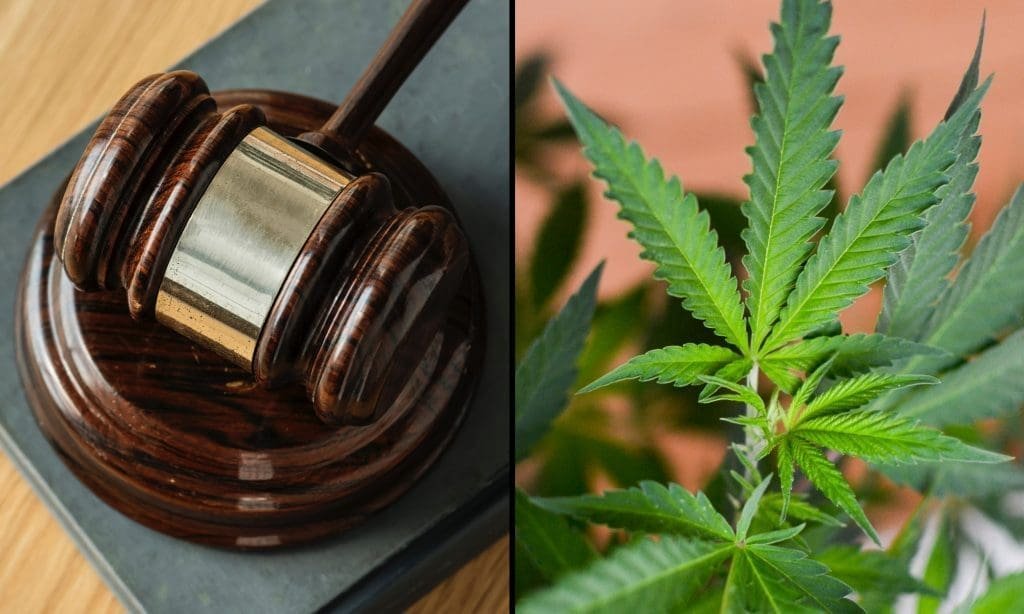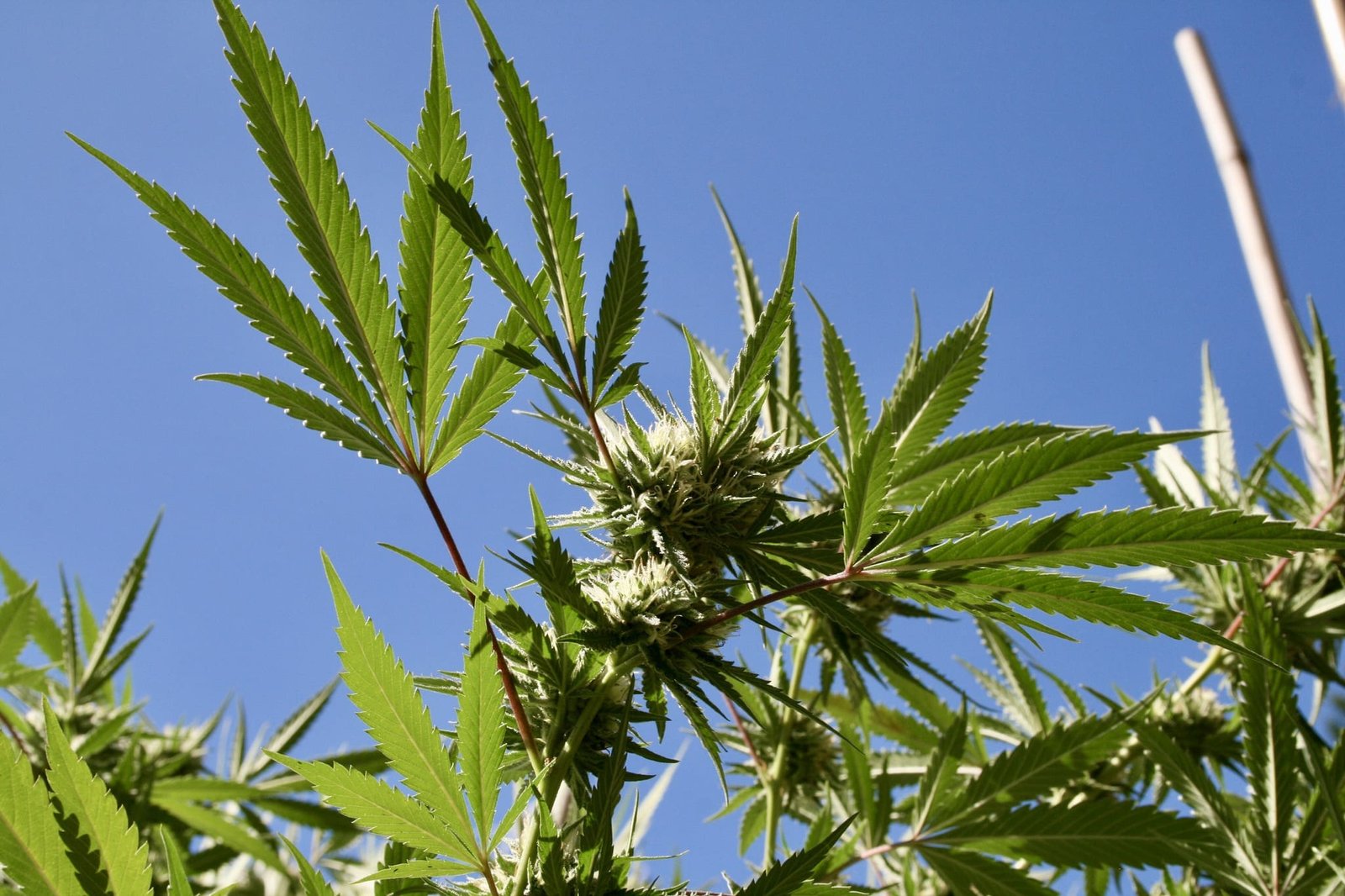The lower house of the Czech Republic has voted to decriminalize cannabis for personal use, as the country’s efforts toward full legalization face obstacles. The Chamber of Deputies approved the amendment with 142 votes in favor out of 159 total, reflecting strong support for the change.
This amendment revises the Criminal Code to relax restrictions on cannabis possession and cultivation. It allows adults over 21 to grow up to three cannabis plants. Cultivating four or five plants will be classified as a misdemeanor, while growing more than five plants will be treated as a felony. Additionally, individuals can possess up to 100 grams of cannabis flower at home without facing criminal charges. Possession of 101 to 200 grams will be considered a misdemeanor, and over 200 grams will result in felony charges. In public, possession is limited to 25 grams, with 26 to 50 grams classified as a misdemeanor, and more than 50 grams treated as a criminal offense.
If the Senate approves the amendment, it will take effect next year, positioning the Czech Republic alongside other European nations that have regulated cannabis for personal use, such as Germany, Luxembourg, and Malta.
The Czech Republic had previously decriminalized small amounts of cannabis in 2010 under Government Regulation No. 467/2009, allowing possession of up to 15 grams and cultivation of up to five plants. However, a 2013 ruling by the Czech Constitutional Court annulled this regulation, stating that only a law could define criminal offenses, which led to confusion over legal limits until the Supreme Court established stricter guidelines, reducing the non-criminal amount to 10 grams.
The recent amendment aims to officially decriminalize cannabis possession and cultivation by law. This cautious move comes in the wake of a previously announced plan in 2022 to legalize cannabis, inspired by Germany’s decision to legalize recreational use without sales in April 2024. However, the Czech initiative struggled to establish a legal market, lacking provisions for sales by 2024, leading to a legislative impasse due to division over full legalization.
While the full legalization process remains stalled, the amendment to decriminalize cannabis reflects a more conservative regulatory approach. This shift is part of a broader strategy to modernize drug policies, combat the illicit market, and generate tax revenue.
In addition to cannabis, the Czech Republic has also been examining regulations for other substances. The Ministry of Agriculture proposed restrictions on CBD and hemp-based products in 2023, arguing that there is insufficient scientific evidence for their health claims, although this plan was never implemented. CBD products remain legally available but are not officially recognized as food or medicine.
In 2024, the Parliament adopted a draft law aimed at regulating synthetic cannabinoids and emerging psychoactive substances, including HHC and kratom. Concerns about health impacts, particularly among minors, prompted a temporary ban on HHC and the development of new laws to control psychoactive substances. These will include age restrictions, sales limits to specialized stores, and bans on vending machine sales and online sales without age verification. Rather than an outright ban, the Czech Republic plans to categorize these substances under a special regulatory framework, indicating a move towards managing these products through oversight and harm reduction measures.




